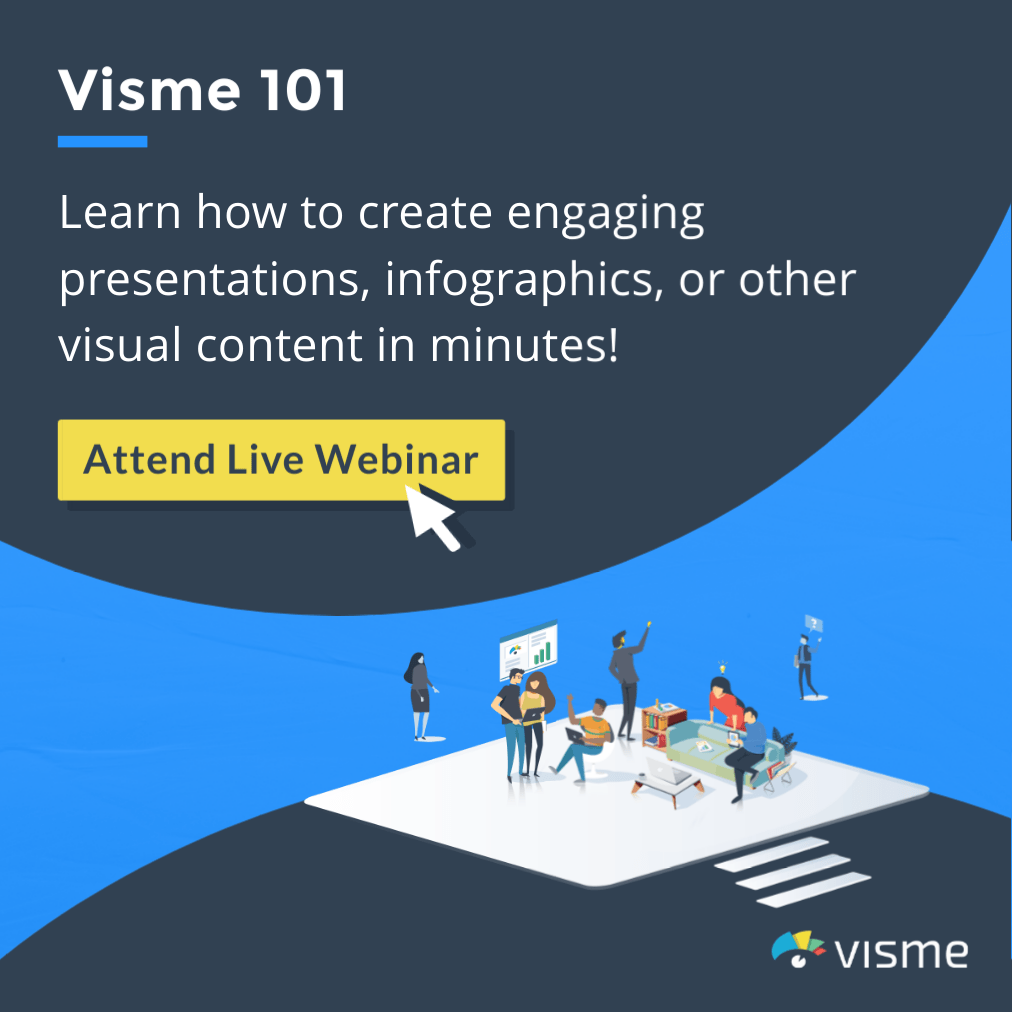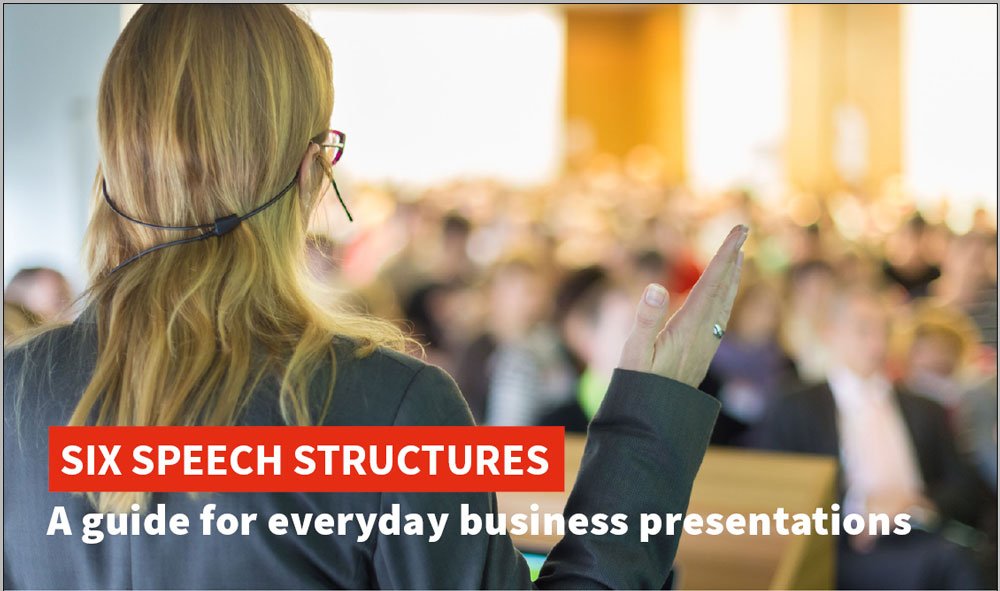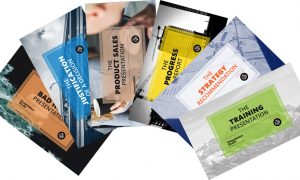Stage Time is Wealth Time


How to use the stage to raise your profile, build your authority and grow your business
With all the channels there are nowadays to promote one’s business (not least social media), the stage – that once upon a time was only given to artists and great orators – has become a very important platform for professionals trying to stand out and make themselves heard above all the ‘noise’.
Before, the stage was given to those who could inspire, entertain, and challenge us with new ideas. However, it was very much a one-direction-communication, where we, the audience, would be – mostly – in a very comfortable passive mode, just listening.
Stages like TED & TEDx which entail all the above (entertainment, inspiration, knowledge sharing), also became some sort of endorsement platform for every professional who had the opportunity to be in its spotlight.
But today, any professional who wants to build authority, raise their profile, gain more clients, increase her income, become a trend-setter, or have a voice that can move others to action needs to be able to own their stage.
But there are many types of ‘stage’
From start-up and technology events, where the stages are physically huge, and one’s message can touch thousands of participants and have the potential to create a global impact; to small MeetUps and professional groups events where one’s message will have an impact at community level; ‘stages’ come in all shapes and guises.
Whatever the size of the stage we step on, we have the potential to change the status quo.
When we are passionate about something, we have an “urge” to spread the word about it, and the stage is our close friend on that journey. It is an excellent platform for spreading our message. This is why, nowadays, start-ups, innovators, business owners, corporate leaders – basically every professional – is fighting for the spotlight at those events.
It’s exciting! However, there is one failing I see over and over again at all sorts of events (except for TED & TEDx events I must say), which I must bring to your attention.
If you are a professional who wants to use the stage to bring visibility to your brand, business, cause, or whatever, please do not step on stage if you don’t have a clear message!
It sounds obvious, right?
Don’t all speakers have ‘a clear message’?
Actually, no. I believe most professionals step on stage thinking they have. After all, they have prepared thoroughly, they know their topic, they are passionate about what they want to say – so what could go wrong? People should love it!
But then their message falls flat… everyone tunes out looking at their devices, completely bored. What happened?
Every professional speaker will be able to give you a list of possible reasons. But let’s dive into the most common ones:
1. Overload of information, in context and visuals
Inexperienced presenters want to put everything in their presentations. But instead of giving value, they overwhelm the audience.
Let me elaborate it further. Several studies, which are also backed up by live experiences, show that to communicate effectively we need to find a language, and visuals, that are ‘straightforward’. It is really about following the jargon, Less is More. Many professionals mistakenly believe that if they use elaborate and sophisticated language they are increasing their credibility and authority. If they have slides, visuals, full of texts, images and animations, they are giving it all to the audience. Wrong! They are in fact confusing and boring the audience.
You might be thinking, ‘Well, but some presentations are technical, scientific and they require a certain elaborate language’. Yes – and no. If you are presenting to a team of professionals in your field and they have the same level of expertise that you have, you can dare to use a more elaborate language, including some jargon and acronyms.
If your audience is not at your level of expertise, you must use a language that everyone can understand. However, bringing some stories, and anecdotes to your technical and scientific presentations will always add value to them, besides entertaining your audience. By doing that you will engage more, therefore will be able to persuade more.
Winston Churchill, one of the greatest orators of our times, was known for using short sentences and short words. If he used them, why shouldn’t we?
2. No threadline (or storyline) through the presentation
The audience doesn’t know where you are taking them, and as a result they disconnect from you.
Every speech is like a journey. And as in every journey, before taking the first step you need to know where you want to go; where you want to take your audience with you. Throughout your speech’s journey you should reveal, step-by-step, the elements that will lead to the goal (the outcome) of your story. The journey has to be logical (Logos), meaning each step along the journey should follow an easy to understand sequence of facts and transitions.
Nowadays if you have the opportunity to speak in front of an audience, this is an opportunity to bring visibility to your brand, and business; to gain new clients; to build collaborations; to look for investments and business ventures. Therefore, you need to connect with them, to build trust, so they will be willing to engage further with you.
No clear story, no connection, therefore no business.
3. Lack of understanding of the audience
Which often means the speaker does not communicate in a language that the audience can connect with. As a results the audience doesn’t really know why they should care about what you are saying.
Adding to what I mention in topic 1, the audience is the crucial reference point for us to start elaborating our story. They define the tone of our presentation. Their demographics, interests, cultural references, define the language we will use to address our message to them.
For instance, a story told to a child will change in composition, language, and rhythm, when told to an adult. Therefore, only by knowing everything you possibly can about them, your audience, will you be able to craft a speech, or presentation, that will resonate with them and will effectively reach your intended outcome.
4. No clear goal
What exactly do you want the audience to feel, think and do after your presentation?
Your speech must have a clear purpose to yourself (your private intention – what do you want to achieve with this speech?) and a clear storyline (the public intention – what do you want your audience to feel, think and do after listening to your speech?)
As with music, your speech should evoke emotions, and you should be clear what emotions you want to evoke with your presentation. That will define the type of outcome you will reach.
These are some of the questions you should ask yourself before crafting any speech:
- Who is my audience? – By that, you will define the language to communicate to them.
- What are their interests? – By bringing those to your own story you will attract their attention.
- What is their pain? – By empathising with their pain, you will create a bond, a connection. By bringing a solution to their pain, you will be in business with them.
- What do I want them to take home after my story? – Your Call to Action, which should lead you to engage further with them in the near future.
What should you do to have an impactful and clear message?
Well, this is a topic for a whole new article! However, if I could give you just one piece of advice, I would say,
Remember that your job on stage is to connect with your audience and build trust.
Whatever you do in life professionally; whatever industry you are in; ultimately you are always in a relationship business. Saying that, your audience (which could be your clients, customers, board members, team members, peers) is always your priority when preparing your message. Besides having a structured presentation with a clear storyline, you need to be able to communicate, to express your thoughts and ideas in the language your audience feels connected to.
For now, bear in mind that the fact that you are a professional – an expert on what you do – doesn’t necessarily qualify you as a speaker; or furthermore, a professional one. Embrace that fact, and take action. Public speaking, like any other skill needs learning, preparation, dedication and practice, practice, and more practice.
Once you do that, you will reap the dividends from those amazing and profitable speaking opportunities you will have. You will then have the potential to become THE voice in your field; the change-maker in your company or business; the influencer to impact positively your community and the world.
Do not take your stage for granted. Cherish it. Embrace it. And above all, learn how to own it.
Because, trust me, stage time IS wealth time!
If you liked this, you might also like
The Secret to Perfecting Your Style and Delivery as a Speaker
Do You Want to Be a Professional Speaker or Just Someone Who Gives Speeches?
What’s the One thing That Will Make You a Better Communicator?











